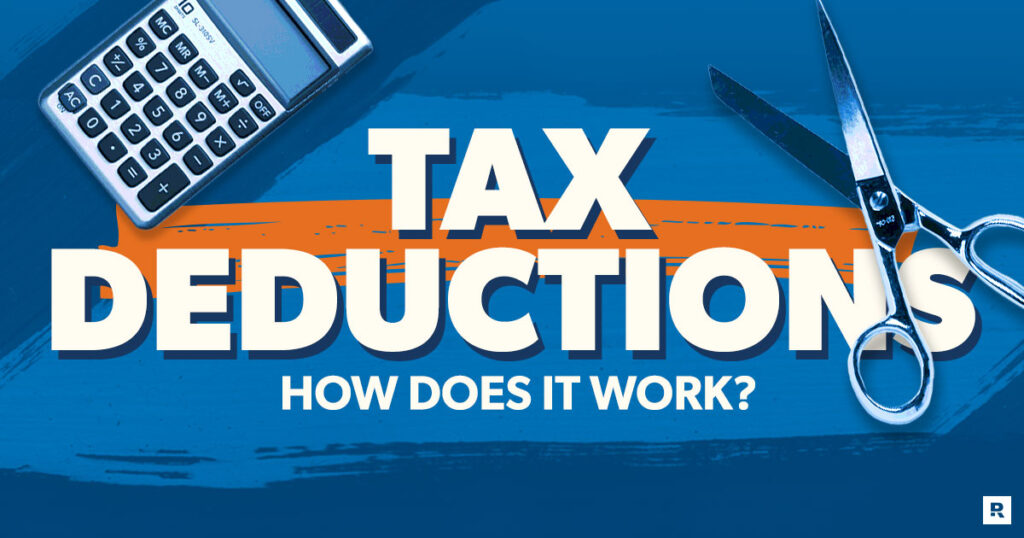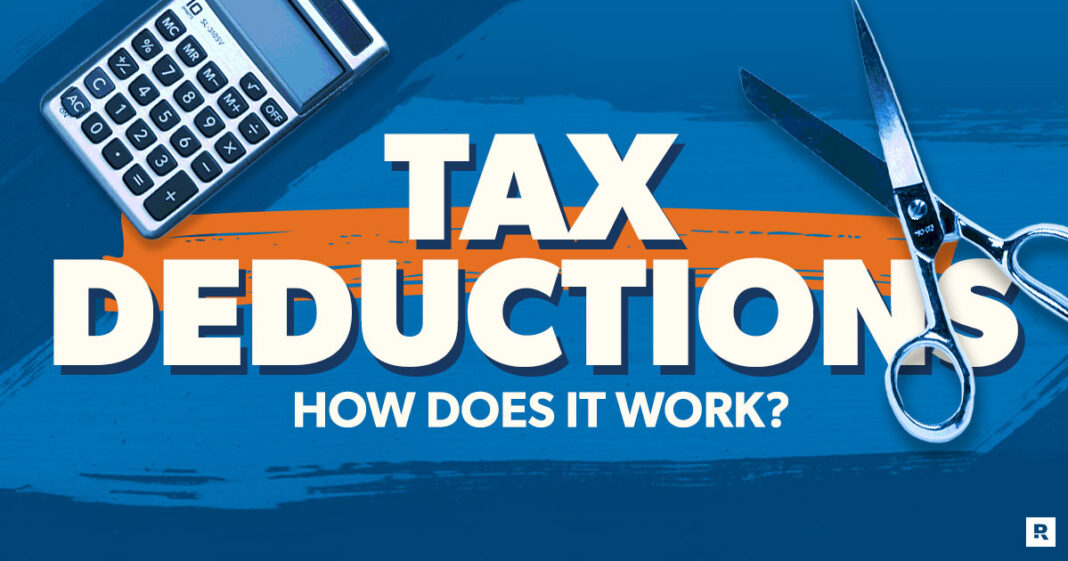Tax Deductions for Small Businesses: A Comprehensive Guide
Running a small business comes with its unique set of challenges and opportunities. One area where small business owners can significantly benefit is through tax deductions. Understanding what you can deduct from your taxable income can reduce your tax liability, save money, and enable you to reinvest in your business. Here, we provide a comprehensive guide to tax deductions for small businesses, ensuring you make the most of every opportunity available.

What Are Tax Deductions?
Tax deductions are specific expenses that the government allows you to subtract from your total taxable income. By reducing your taxable income, you lower the amount of tax you owe. For small businesses, these deductions are crucial in maintaining cash flow and improving profitability.
To qualify for deductions, expenses must be both ordinary and necessary. An ordinary expense is one that is common and accepted in your trade or industry, while a necessary expense is helpful and appropriate for your business operations.
Common Tax Deductions for Small Businesses
1. Home Office Deduction
If you operate your business from a home office, you may qualify for the home office deduction. To claim this deduction, your home office must be used regularly and exclusively for business purposes.
You can calculate this deduction using one of two methods:
- Simplified Method: Deduct $5 per square foot of your home office, up to 300 square feet.
- Actual Expense Method: Deduct a percentage of your home expenses (mortgage, utilities, insurance, repairs) based on the proportion of your home used for business.
2. Business Vehicle Expenses
If you use a car for business purposes, you can deduct the related expenses. The IRS provides two ways to calculate this:
- Standard Mileage Rate: Deduct a fixed rate per mile driven for business.
- Actual Expense Method: Deduct the actual costs of operating the vehicle, including fuel, maintenance, insurance, and depreciation.
Keep detailed records of your business mileage and expenses to support your deduction.
3. Salaries and Wages
If you employ staff, the salaries and wages you pay are deductible. This includes bonuses, commissions, and even some benefits like health insurance and retirement contributions. Payments to freelancers or contractors can also be deducted, provided you issue Form 1099-NEC to those earning more than $600 annually.
4. Office Supplies and Equipment
Everyday office supplies, such as pens, paper, and printer ink, are fully deductible. Larger purchases like computers, printers, and furniture can be deducted either as a single expense (under Section 179) or depreciated over several years.
5. Utilities
Expenses related to utilities—such as electricity, water, internet, and phone services—are deductible if they are used for business purposes. For mixed-use services (e.g., a personal phone also used for business), only the business portion is deductible.
6. Professional Services
Fees paid to lawyers, accountants, consultants, and other professionals hired for business purposes are fully deductible. These services help you operate efficiently and stay compliant with laws and regulations.
7. Marketing and Advertising
Expenses related to marketing and advertising, such as website development, online ads, social media campaigns, and printed materials, are deductible. These costs help promote your business and attract customers.
8. Travel Expenses
When you travel for business, you can deduct expenses such as airfare, hotels, car rentals, meals (50%), and other travel-related costs. Ensure that the trip’s primary purpose is business, and keep detailed records to support your deductions.
9. Education and Training
Expenses for continuing education, workshops, seminars, and training programs related to your business are deductible. This includes tuition, materials, and even travel expenses to attend such events.
10. Insurance
Business insurance premiums, such as liability insurance, property insurance, and health insurance for employees, are deductible. These policies protect your business from unforeseen risks and liabilities.
Special Deductions to Consider
1. Startup Costs
Starting a new business involves significant expenses. The IRS allows you to deduct up to $5,000 in startup costs and $5,000 in organizational costs in your first year. Any remaining costs must be amortized over 15 years.
2. Qualified Business Income (QBI) Deduction
Small business owners, especially those operating as sole proprietors, partnerships, or S corporations, may qualify for the QBI deduction. This allows you to deduct up to 20% of your qualified business income, subject to income limitations and other rules.
3. Depreciation
Assets like machinery, equipment, and buildings lose value over time. Depreciation allows you to deduct a portion of the asset’s cost each year. Special depreciation allowances, such as bonus depreciation, may let you deduct up to 100% of the asset’s cost in the first year.
Keeping Accurate Records
Accurate record-keeping is essential to maximize your deductions and avoid audits. Follow these best practices:
- Track Receipts: Save all receipts related to business expenses.
- Use Accounting Software: Tools like QuickBooks or Xero simplify tracking and categorizing expenses.
- Separate Business and Personal Finances: Maintain separate bank accounts and credit cards for your business.
- Log Business Activities: Document business mileage, travel details, and the purpose of business meals.
Filing Your Taxes
When filing your taxes, use the appropriate forms to report your business income and deductions:
- Schedule C (Form 1040): For sole proprietors.
- Form 1120: For C corporations.
- Form 1120S: For S corporations.
- Form 1065: For partnerships.
Working with a tax professional can ensure accuracy and help you identify deductions you might overlook.
Tips to Maximize Deductions
- Plan Ahead: Monitor expenses throughout the year to identify deduction opportunities.
- Stay Informed: Tax laws change frequently. Keep up-to-date with the latest rules affecting small businesses.
- Hire a Tax Professional: A knowledgeable CPA or tax advisor can help you navigate complex tax codes and find additional deductions.
- Use Technology: Accounting software can automate tracking and generate reports needed for filing taxes.
Common Mistakes to Avoid
- Mixing Personal and Business Expenses: Always keep finances separate to avoid IRS scrutiny.
- Failing to Document: Insufficient documentation can lead to denied deductions or penalties.
- Overlooking Deductions: Missing out on deductions like the QBI deduction or startup costs can cost you money.
- Not Consulting Professionals: Attempting to handle taxes alone may lead to errors and missed opportunities.
Conclusion
Understanding and utilizing tax deductions is a critical aspect of running a successful small business. By being proactive, organized, and informed, you can reduce your tax liability and retain more money to grow your business. Whether it’s deducting home office expenses, claiming the QBI deduction, or writing off travel costs, each deduction contributes to your bottom line.


